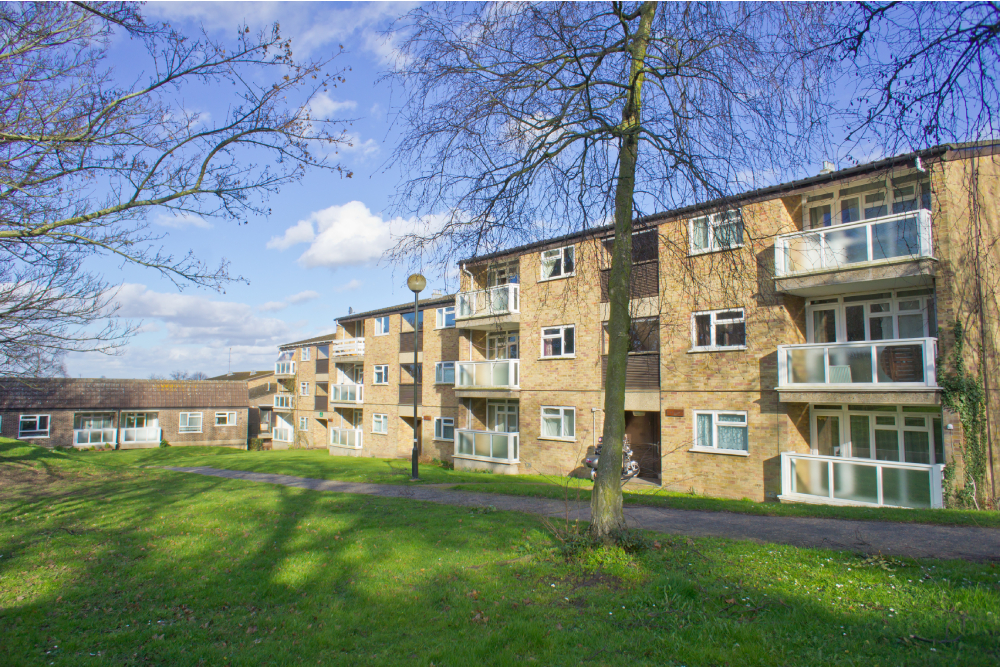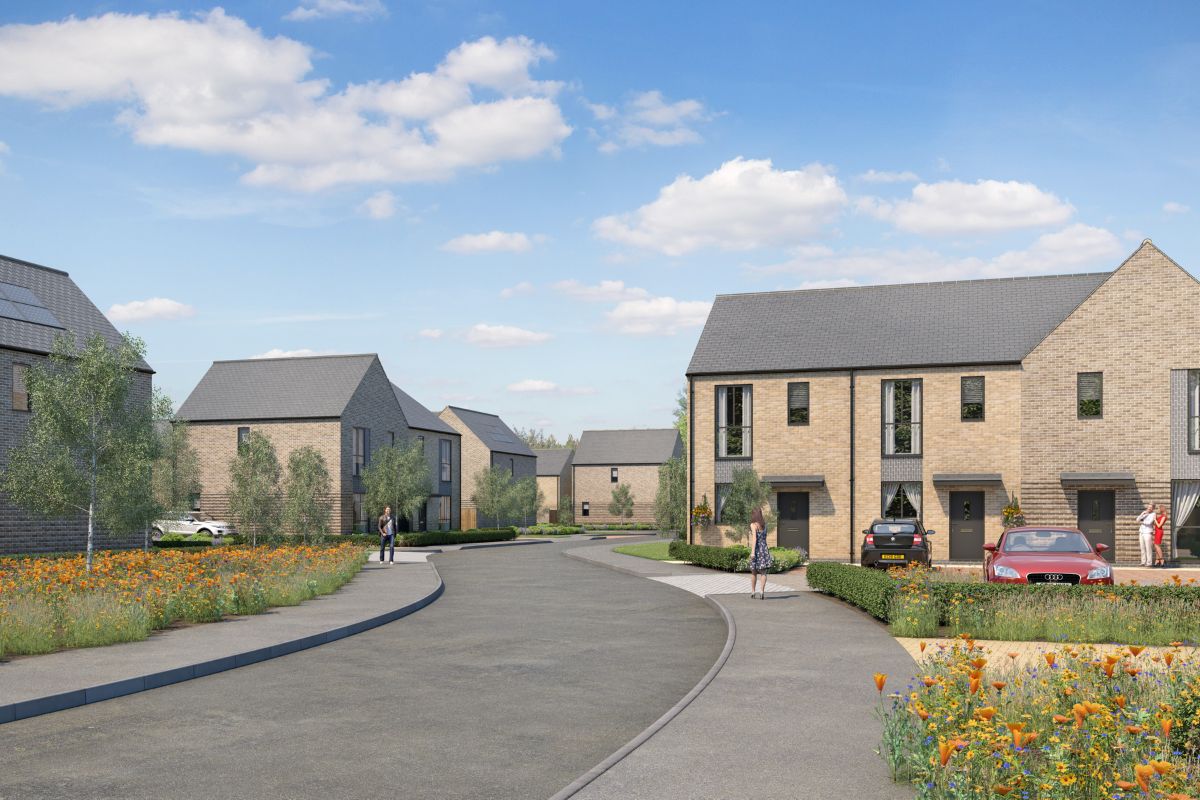AICO Case Study - Wolverhampton Homes
Building new net zero homes is a challenge in itself but retrofitting properties to reduce their impact remains a critical issue. We lack the data to understand the efficacy of different measures at scale, how EPC ratings reflect real building performance, and in identifying those homes most in need.
Further, installing these energy saving improvements can have unintended consequences that we are still learning as a sector. For example, combining existing inadequate ventilation with energy efficiency upgrades often vastly reduces indoor air quality leading to negative impacts on resident health and an increased risk of condensation, damp and mould. HomeLINK is a leading Internet of Things (IoT) solutions provider, leveraging cutting-edge smart home integration and analytics technologies to provide a scalable and future-proofed solution towards improved housing stock, quality of life for residents and a reduced environmental impact.
Wolverhampton Homes engaged HomeLINK and Northgate Public Services (NPS) with the objective of exploring how new IoT technologies could help them in achieving a number of objectives, ultimately to deliver social value whilst generating a return on investment. They also wanted to explore data integration into their inhouse I.T. systems and the impact of providing residents with IoT health and maintenance data. This would be achieved by providing a more holistic view of property conditions to enable a more proactive approach to property maintenance and the ability to make more data-driven investment decisions.
The following objectives were agreed at the outset:
- Install a range of cutting-edge IoT sensors across 6 properties:
a. Environment sensors to measure temperature, humidity and CO2
b. Aico SmartLINK Gateways, Multi-Sensor Smoke and Carbon Monoxide (CO) alarms
c. Electricity smart meters - Empower residents with the data via monthly reports and workshops
- Quantify health and maintenance outcomes
- Integrate data, insights and alerts to NPS
HomeLINK worked closely with NPS and Wolverhampton Homes to understand the end user requirements of integration into their property management system. The end result was the integration of alerts and insights generated by the HomeLINK platform, enabling Wolverhampton Homes users to see the following alerts in their Northgate property management system:
- Smoke and CO alerts and maintenance events.
- Fuel poverty risk.
- Condensation, damp and mould risk
HomeLINK also worked closely with resident pilot participants and held a series of workshops over the 5-month period as well as providing detailed breakdowns of their data and insights via monthly reports customised for each individual. During the group workshops, residents were presented with information on the current health of their home alongside recommendations and actions they could carry out to make improvements.
The results of this project were striking. The following are some highlighted results from the 6 properties over a 5-month period:
- 8% average reduction in electricity usage despite one third of participants
being very energy saving conscious from the outset. This translated to:
• £23 total savings in electricity usage per resident
• Reduction of 70kg CO2 per resident - 19% improvement in ventilation leading to better respiratory health and maintenance outcomes.
- Reduced behavioural mould risk across all homes including one previously reported “high risk” home reducing to a “low risk” by the end of the project. All homes were considered low risk by the end of the project.
- Homes were evaluated by how energy efficient they were, and optimal homes were identified to target energy efficiency investment.
- A high priority maintenance alert for a smoke alarm in one property was triggered in NPS Task Manager as the resident had disconnected the alarm.
- The mould risk and air quality data helped identify a structural cause of mould. As the data suggested it was not behavioural further investigation was carried out and highlighted leaking guttering causing water ingress.
By installing the devices, integrating alerts into Northgate Task Manager, and providing residents with insights and recommendations, the goals of this project were met. The most encouraging finding of the project was how empowering residents with their IoT data can have a significant impact on health and maintenance outcomes and ultimately return on investment.




